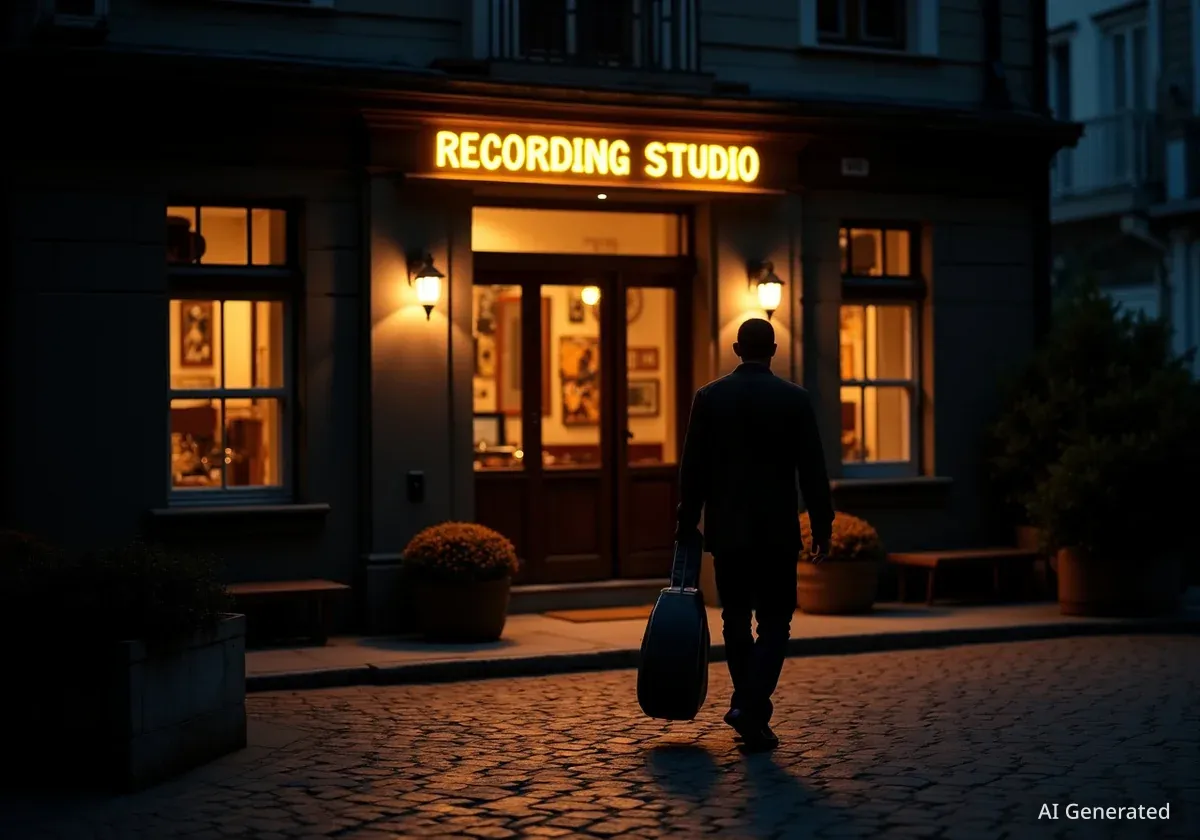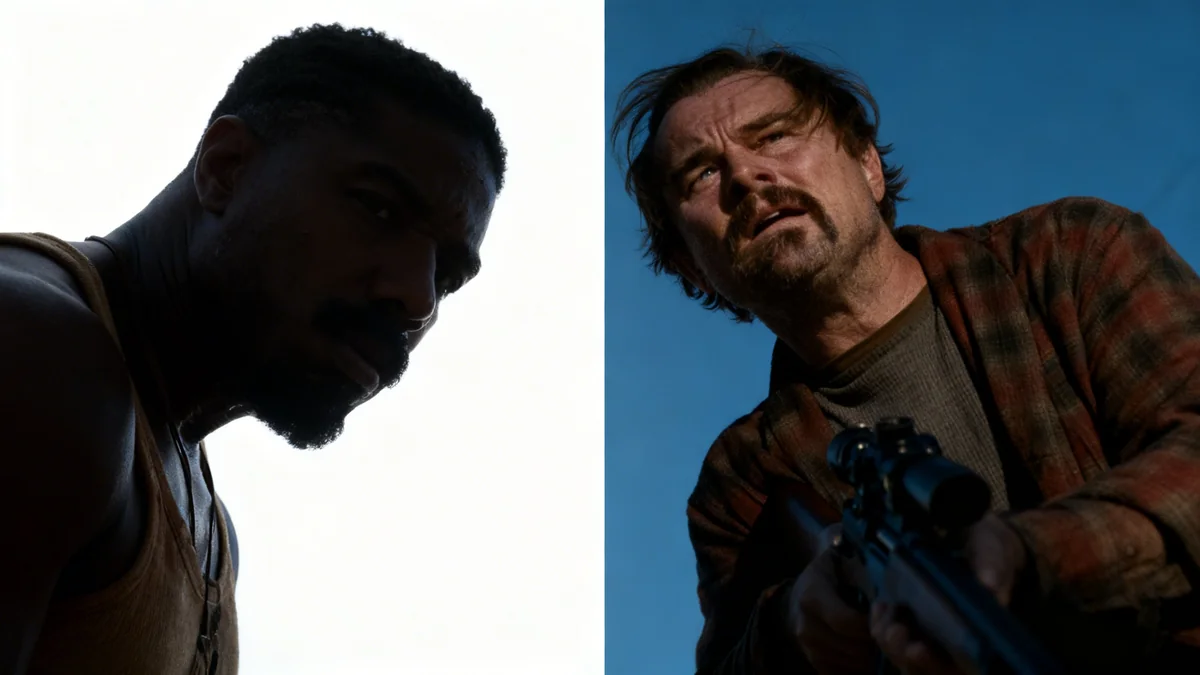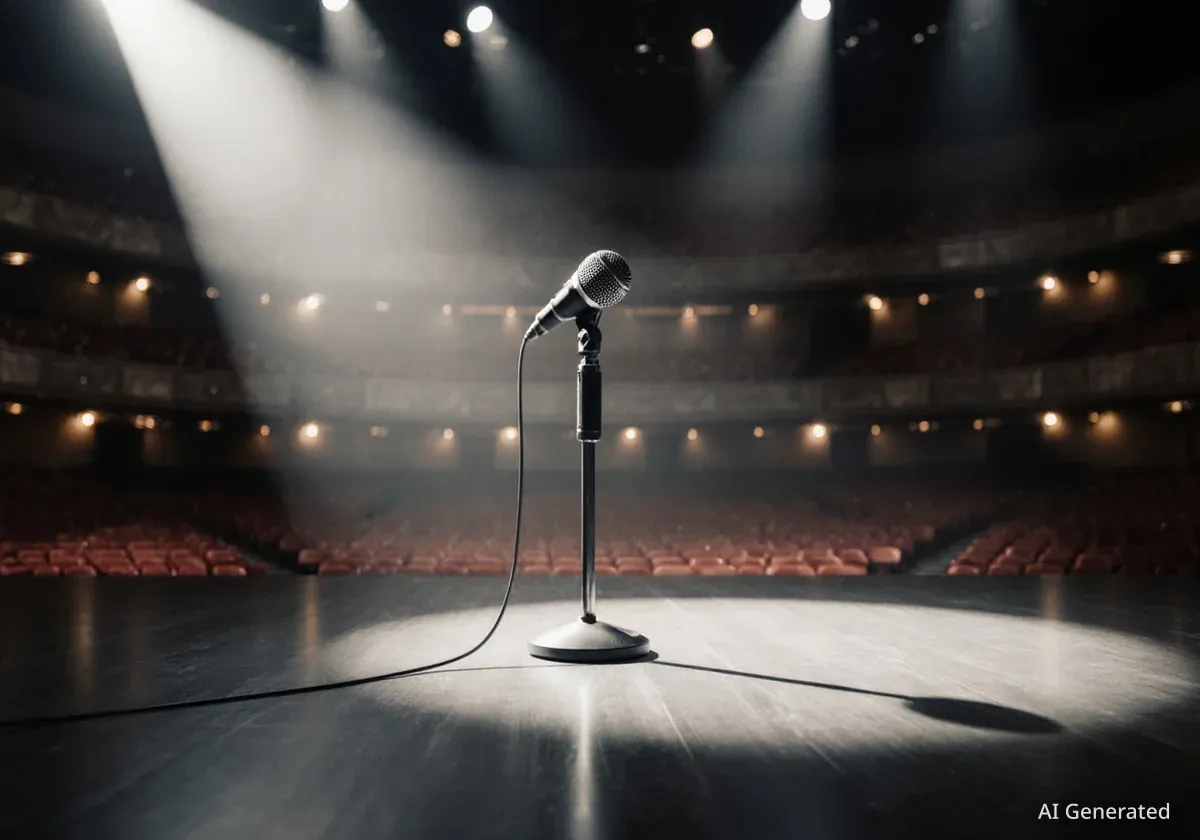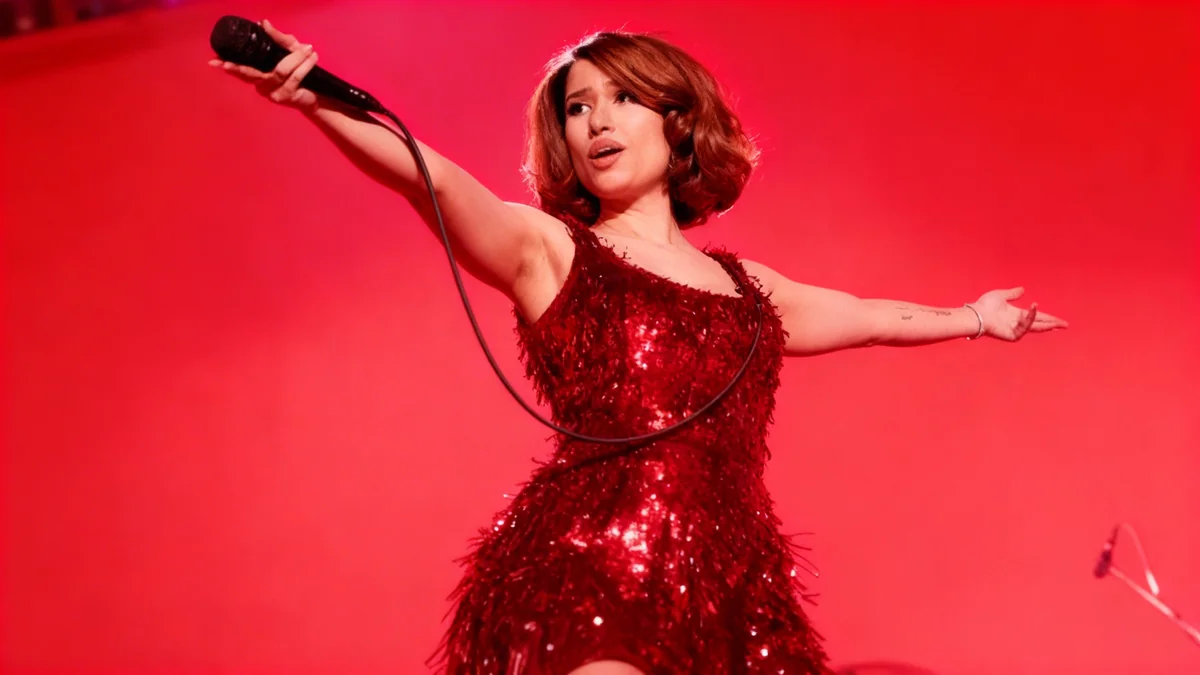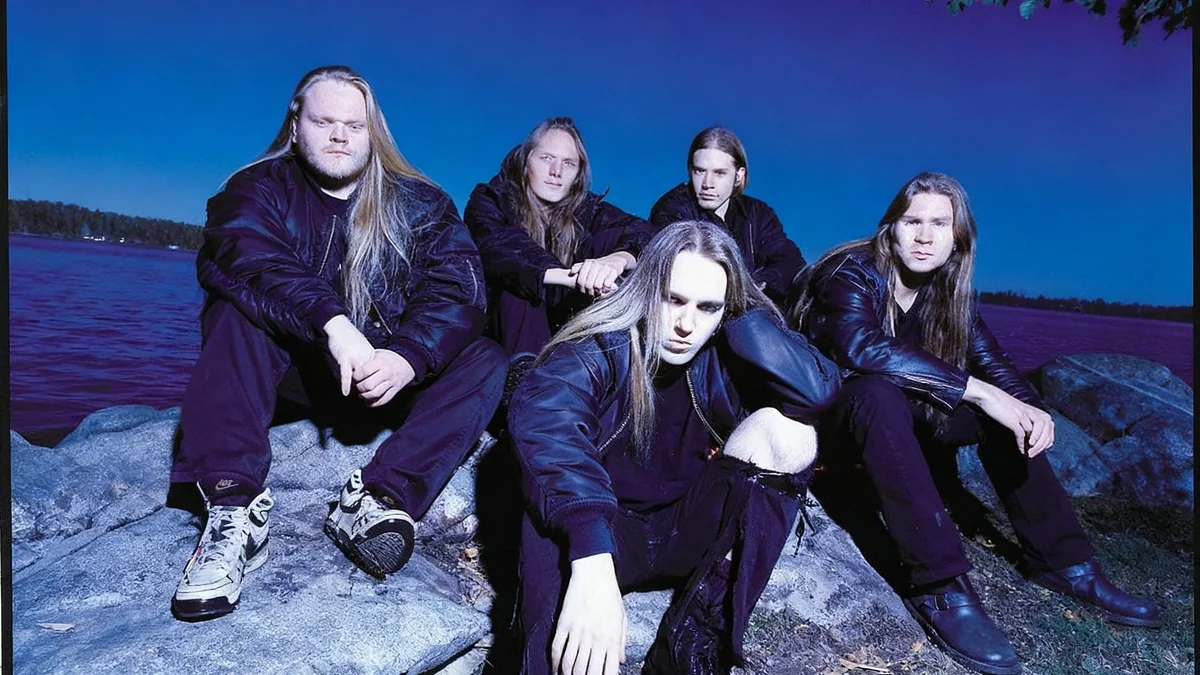Roger McGuinn, the pioneering folk-rock guitarist of The Byrds, has shared details about his relationships with some of music's most iconic figures, including Bob Dylan, The Beatles, and Tom Petty. In a recent interview, McGuinn described the moment Bob Dylan conceived the idea for his legendary Rolling Thunder Revue during a casual basketball game at McGuinn's Malibu home.
Key Takeaways
- Bob Dylan's idea for the Rolling Thunder Revue originated from a conversation where he told McGuinn he wanted to do something "like a circus."
- McGuinn first mistook Tom Petty's song "American Girl" for one of his own recordings, which led to a lifelong friendship and collaboration.
- He maintained a friendly relationship with The Beatles, even taking LSD with John Lennon and George Harrison in Laurel Canyon.
- David Crosby taught McGuinn how to drive but was later removed from The Byrds due to rising tensions and creative differences.
- Early in his career, McGuinn was mentored by singer Bobby Darin, who offered him a lead role in a film about a heroin-addicted banjo player.
The 'Circus' Idea with Bob Dylan
One of the most significant moments in rock history was born from a simple backyard conversation. Roger McGuinn recalled that Bob Dylan, who was his neighbor in Malibu at the time, frequently visited his house.
During one visit, Dylan noticed a basketball hoop. After McGuinn acquired a basketball, the two began playing. It was during this game that Dylan expressed a desire for a new creative direction.
"We we’re playing basketball in the back by the carport, and he said, ‘I want to do something different.’ I said, ‘What do you mean, man?’ He said, ‘I don’t know… like a circus.’"
This abstract idea became the foundation for the Rolling Thunder Revue, a celebrated and unconventional concert tour that featured a traveling caravan of musicians. McGuinn was later invited by Dylan to join the tour when they met again in New York.
McGuinn described his friendship with Dylan as complex, comparing him to the character Sheldon from The Big Bang Theory due to his abstract way of thinking. "He doesn’t really have a conversation with you; he talks in abstractions a lot," McGuinn explained, adding that their relationship could be "hot and cold."
The Rolling Thunder Revue
The Rolling Thunder Revue was a concert tour by Bob Dylan in 1975 and 1976. It was known for its surprise appearances, collaborative atmosphere, and a lineup that included artists like Joan Baez, Joni Mitchell, and Roger McGuinn. The tour aimed to play in smaller, more intimate venues, creating a unique experience for audiences.
A Surprising Introduction to Tom Petty
McGuinn’s connection with Tom Petty began with a case of mistaken identity. In 1976, while preparing for a new album, McGuinn was looking for additional songs. His manager played a track that immediately caught his attention.
The song was "American Girl" by a new artist named Tom Petty and the Heartbreakers. McGuinn’s immediate reaction was confusion.
"I said, ‘When did I record that?’ And he said, ‘It isn’t you!’ And I said, ‘I know. It’s a great song. Who is it?’"
This moment sparked a meeting the very next day. McGuinn and Petty quickly became close friends, a bond that lasted until Petty's death. McGuinn even invited Petty and his band to open for him at The Bottom Line in New York, helping to introduce them to a wider audience.
Collaborating on 'King of the Hill'
Their friendship also led to significant musical collaborations. The song "King of the Hill," from McGuinn's 1991 album Back From Rio, was written with Petty during a day off on tour in Gothenburg, Sweden.
McGuinn had a melody but no lyrics. He showed the tune to Petty, and the two wrote the words together in their hotel room. Mike Campbell, Petty's guitarist, recorded a demo on a four-track cassette recorder. That demo eventually reached record executive Clive Davis, leading to a new record deal for McGuinn.
Friendship and Acid with The Beatles
McGuinn’s interactions with The Beatles were marked by mutual admiration rather than rivalry. He first met the band in London around 1965 or 1966 and found them to be very friendly and fans of The Byrds.
"I don’t think there was a rivalry. We were all friends," McGuinn stated. He noted that George Harrison's use of a Rickenbacker 360/12 guitar in the film A Hard Day's Night directly inspired him to get his own electric 12-string, which became his signature sound.
A notable event occurred in Laurel Canyon when McGuinn took LSD with John Lennon and George Harrison. He described the experience as recreational and not particularly influential on his music. "It just got you high," he said. He eventually stopped using the drug after a bad experience.
Legal LSD
McGuinn's first experience with LSD was in San Francisco in 1960, when the substance was still legal. He recalled it came from Sandoz Laboratories on a sugar cube wrapped in foil and cost $10.
His friendly relationship with the members of The Beatles continued for years. He recalled an instance where Paul McCartney personally arranged for him to get into a sold-out show at the Forum in Los Angeles. He also spent time with George Harrison and Tom Petty, jamming and talking about guitars.
Early Mentorship and a Difficult Partnership
Working with Bobby Darin
Before forming The Byrds, McGuinn's career was shaped by singer Bobby Darin. After meeting Darin at the Crescendo Club, McGuinn was offered a job playing in his band, which he accepted over an offer to join the New Christie Minstrels.
McGuinn viewed Darin as a mentor but not a close friend. "It wasn’t a friendly, ‘we’re buddies’ relationship. But he was kind and mentored me," McGuinn said. Darin later wrote a movie script specifically for McGuinn to star in, remembering his interest in acting. However, the film's subject matter—a banjo player who was also a heroin addict—led McGuinn to turn down the role.
Tensions with David Crosby
McGuinn's relationship with his Byrds bandmate David Crosby was more complicated. On a personal level, Crosby taught McGuinn how to drive. Musically, McGuinn acknowledged Crosby's importance as a harmony vocalist and rhythm guitarist for the band.
However, tensions grew over songwriting credits and creative direction. The breaking point came when Crosby reportedly made a dismissive comment about the other members' musicianship.
"I think the final blow to me was when he said, ‘You guys are not good enough musicians to be playing with me.’"
Following this, McGuinn and bassist Chris Hillman decided to ask Crosby to leave the group. McGuinn reflected that this was ultimately a positive move for Crosby, who went on to form the successful supergroup Crosby, Stills & Nash.
